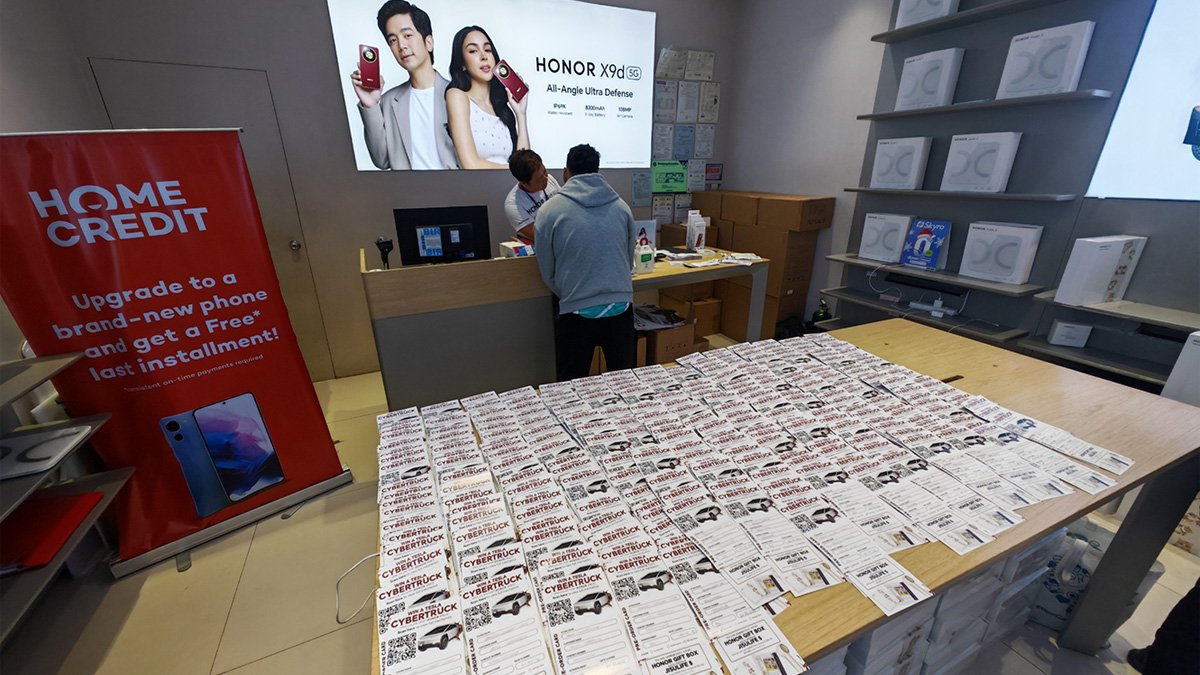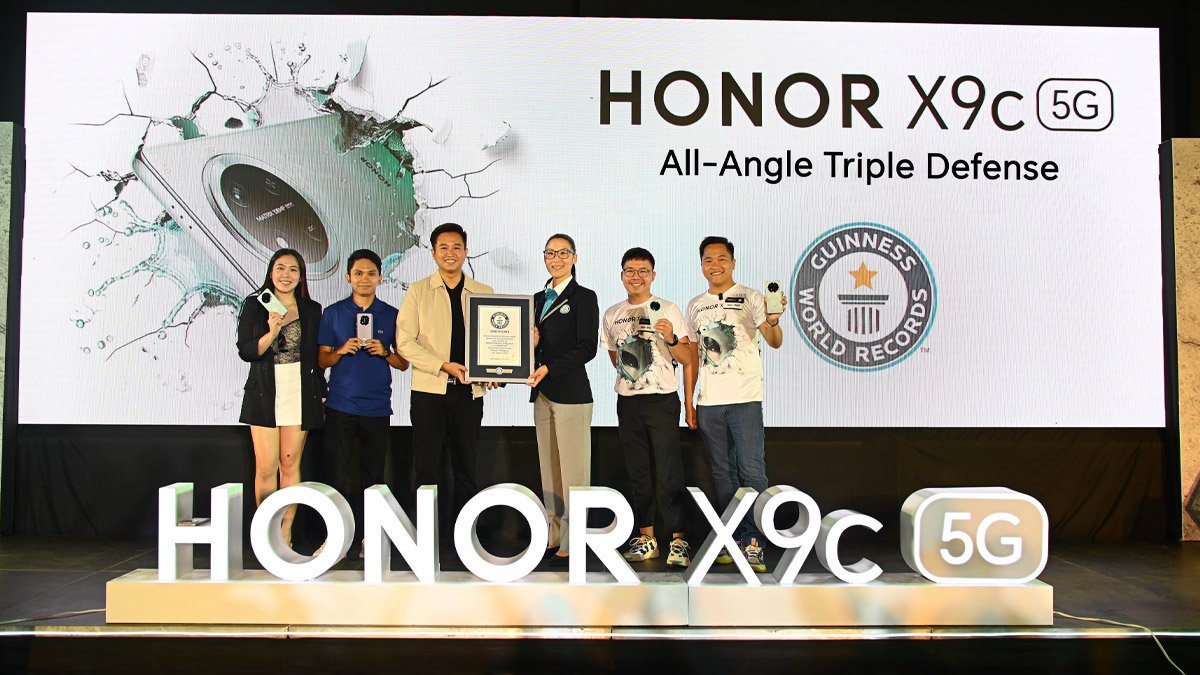Rise of Niche Internet Communities: How BookTok, StudyTubers, and Cottagecore Discords Are Changing the Online Landscape

The internet once promised global connection, but today’s users are finding comfort in smaller, passion-driven digital communities instead.
While social media giants promote virality and trends, micro-communities like BookTok, StudyTubers, and Cottagecore Discord servers quietly redefine online interaction.
These hyper-specific spaces center shared interests—books, productivity, slow living—and provide authentic engagement often lost in traditional platforms’ noisy ecosystems.
BookTok Power
BookTok, a literary corner of TikTok, has revolutionized publishing, reviving interest in reading among Gen Z and millennials worldwide.
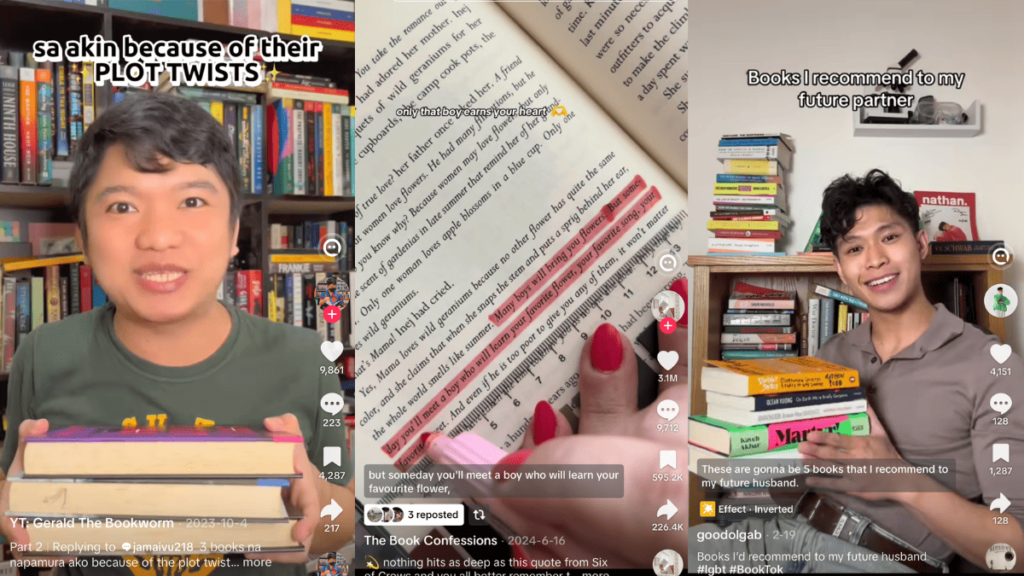
Videos featuring emotional reviews, bookshelf tours, and aesthetic annotations turn casual readers into passionate literary influencers and tastemakers. Some books, like The Song of Achilles and It Ends With Us, skyrocketed in sales after gaining traction through BookTok.
For publishers, this niche has become a powerful marketing tool—driven not by ads, but genuine user enthusiasm and storytelling.
“BookTok didn’t just make me read more—it made reading feel like a community event,” says Reinnard Balonzo, 22, a Journalism major at Bicol University. “We talk about characters like they’re real people. It’s emotional, chaotic, and beautiful.”
Study With Me
On YouTube, StudyTubers share productivity tips, study routines, and motivational content aimed at students seeking focus, inspiration, and academic balance.
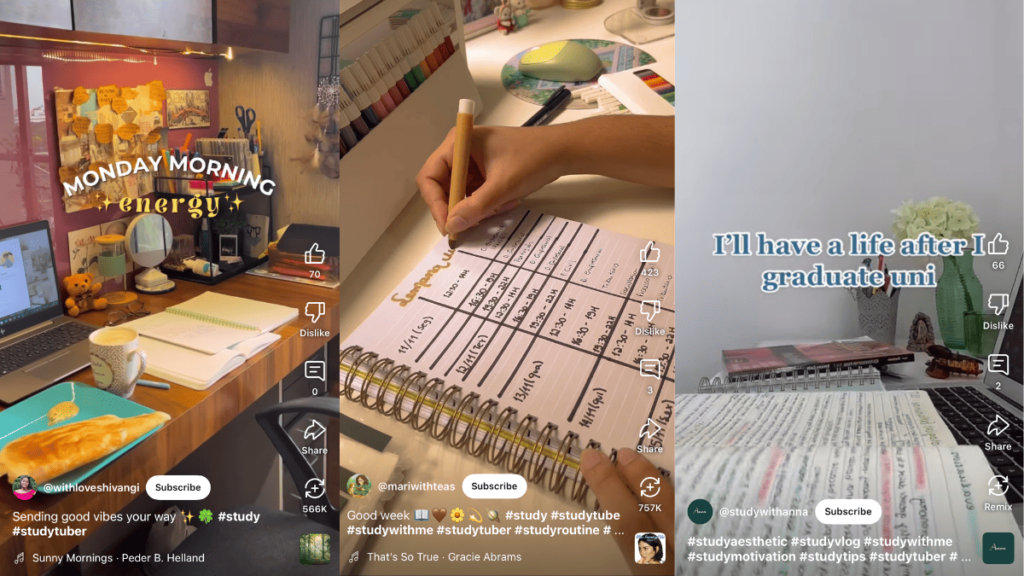
These creators emphasize self-discipline, mental health, and gentle motivation—transforming schoolwork from stress into a manageable and even aesthetic pursuit.
Their “study with me” videos act like virtual companions, offering structure and solidarity in times of academic burnout or loneliness.
“When I watch Pomodoro sessions on YouTube, I don’t feel like I’m cramming alone anymore,” shares Angel Malapit, a fourth-year nursing student from Quezon City. “It’s like having a silent friend in the room who understands exactly what you’re going through.”
Cottagecore Comfort
Meanwhile, Cottagecore enthusiasts have cultivated digital sanctuaries celebrating pastoral life, homemaking, and simplicity—often through Discord servers and curated Instagram feeds.
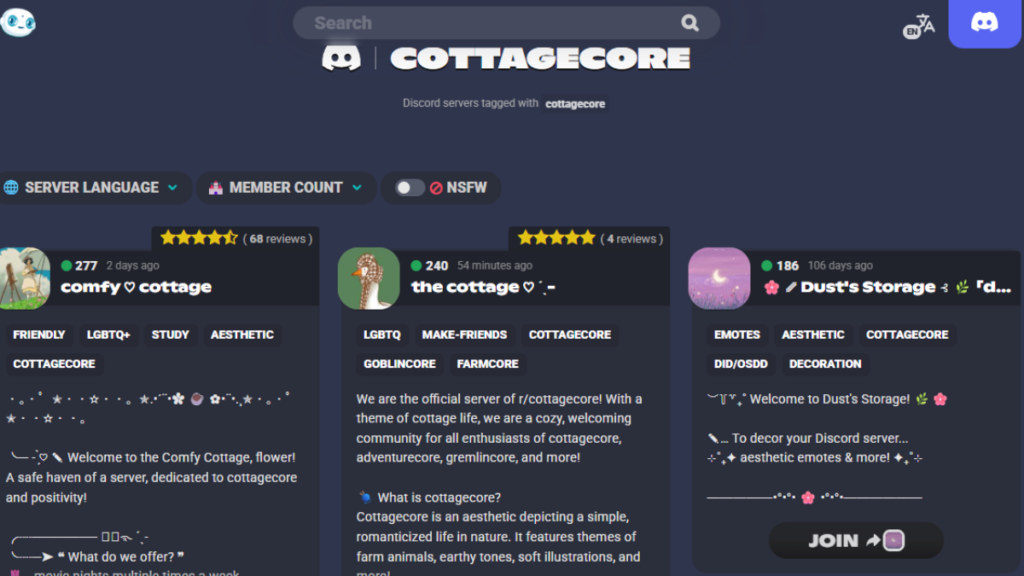
These online spaces celebrate baking, gardening, handwritten letters, and slow mornings, rejecting the pressure of hyper-productivity in digital culture.
“It’s a gentle rebellion,” says Rosmae Armena, 24, a Discord moderator based in Parañaque who runs The Lavender Garden, a Cottagecore server with over 570 members. “We talk about sourdough recipes one day, and the next, we’re writing poetry by candlelight.”
By championing nature, nostalgia, and mindfulness, Cottagecore fosters a healing counter-narrative to online hustle culture and algorithmic overload. The power of these communities lies in their intimacy—they’re not about scale, but about meaning, intention, and genuine connection.
People turn to them for solace, expression, and kinship—finding belonging without performance, and validation without likes or follower counts.
Mindful Online Spaces
As the internet grows increasingly commercialized, users crave digital environments that reflect their values, emotions, and individuality more truthfully. These communities aren’t anti-tech—they’re pro-human, using technology to deepen relationships instead of amplifying noise or empty engagement.
They encourage mindful digital consumption, emphasizing slow content, thoughtful conversations, and sustainable self-expression over fleeting trends.
“I used to chase views and likes,” confesses Chelsea Gaspacho, 23, a former lifestyle vlogger turned BookTok creator based in Quezon City. “Now, I care more about who’s watching, not how many. I get DMs from people who say a single video helped them fall in love with books again. That means more.”
For creators and brands, the message is clear—authenticity and community are now more powerful than reach or virality.
Understanding this shift is vital for developers, marketers, and educators seeking to build inclusive, sustainable, and emotionally intelligent online platforms.
Micro-communities reveal where digital culture is heading—a return to smaller, safer spaces where real passions drive real interaction. In reclaiming the internet as a personal and creative refuge, users prove the most meaningful connections are often the smallest.




